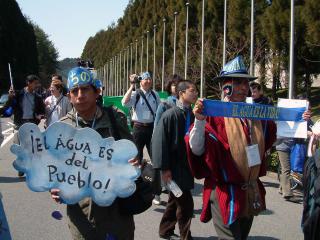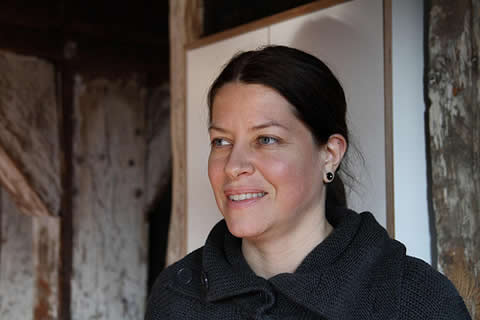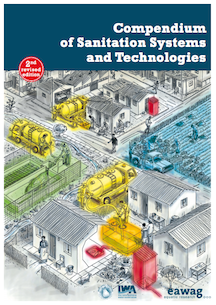Difference between revisions of "Winona sandbox"
| Line 1: | Line 1: | ||
| + | {{Climate_change | ||
| + | |name=Cordaid Particulier Initiatief Fonds | ||
| + | |headquarters=Lutherse Burgwal 10 | ||
| + | 2512 CB Den Haag | ||
| + | |contact=Cordaid Nederland | ||
| + | Postbus 16440 | ||
| + | 2500 BK Den Haag | ||
| + | tel: +31(0)70 31 36 600 | ||
| + | fax: +31(0)70 31 36 201 | ||
| + | |||
| + | |financedby=Dutch Ministry of Development Cooperation, European Union, United Nations and others | ||
| + | |website=[http://www.cordaid.nl/Overige/Extra_info/Index.aspx?mId=5738&rId=61 link] | ||
| + | |aim=Cordaid is convinced that you can only fight poverty through joint efforts. Hence our cooperation with small organizations in the Netherlands is very important. | ||
| + | |target_organisations=Dutch NGO, Private company | ||
| + | |target_org=Organizations (registered at Chamber of Commerce) | ||
| + | |project_kind=Capacity building or governance, Implementation | ||
| + | |target_projects=Small scale project in development countries. Projects aimed at reducing poverty and preventing social exclusion of vulnerable groups of people in a developing country or the Netherlands and project that broaden the support base for development and international solidarity in the Netherlands. | ||
| + | |region=Africa, Asia, Americas, Oceania | ||
| + | |target_countries=Burundi, DR Congo, Rwanda, Angola, Centraal Afrikaanse Republiek, Ghana, Kameroen, Mali, Nigeria, Sierra leone, Tsjaad, Ethiopië, Kenia, Malawi , Soedan, Tanzania, Uganda, Zambia, Zuid-Afrika, Bolivia, Brazilië, Colombia, Dominicaanse Republiek, Guatemala, Haïti, Honduras, Peru, Suriname, Afghaanse gebieden, Bangladesh, Filippijnen, India , Indonesië, Palestijnse gebieden, Papua Nieuw Guinea, Sri Lanka, Vietnam | ||
| + | |target_criteria=Important criteria: | ||
| + | 1. Project needs to be in country where Cordaid is already active | ||
| + | 2. The project is preferably sustainable and long term | ||
| + | 3. Partner in target country is required | ||
| + | 4. Project has to benefit the local community | ||
| + | |finance_mech=Grants. Percentage depending on the budget and ownership | ||
| + | |finance_budget=~ €160 mln per year | ||
| + | |funding_range=Less than 50.000 Euro | ||
| + | |finance_maximum=€ 25.000 | ||
| + | |finance_period=All year round | ||
| + | |proc_application=An application for funding of a project will be considered within three weeks of receipt. Decision on the application, if fully delivered, takes place within eight weeks. | ||
| + | |logo=cordaid.gif | ||
| + | |target_region= | ||
| + | }} | ||
| + | |||
| + | |||
| + | |||
__NOTOC__ | __NOTOC__ | ||
* [[Winona sandbox 1]] | * [[Winona sandbox 1]] | ||
Revision as of 10:54, 17 April 2012
| ||||||
|
|
Access to Water in Bolivia
Privatization
Privatization led to increased prices and lack of access, rather than increased access. In Bolivia, even though much of the major city covered by the documentary was connected up by the global water company, the poor could not afford the connection charges. Some 200,000 people in that city—a quarter of the population—were not connected.1
Water Shortages
Scientists1 monitoring the glaciers high in the Andes mountains - a key source of water - say the ice is showing signs of shrinking faster than previously forecast. Faced with a booming population and a combination of glacial retreat and reduced rainfall, the governor of the La Paz region is even contemplating moving people to other parts of Bolivia. Water is already in short supply among the poorest communities and has become a cause of tension. Glacier Threat to Bolivia Capital
Acknowledgements
The material on this page was adapted from:
Elizabeth Tilley, Lukas Ulrich, Christoph Lüthi, Philippe Reymond and Christian Zurbrügg (2014). Compendium of Sanitation Systems and Technologies, published by Sandec, the Department of Water and Sanitation in Developing Countries of Eawag, the Swiss Federal Institute of Aquatic Science and Technology, Dübendorf, Switzerland.
The 2nd edition publication is available in English. French and Spanish are yet to come.



